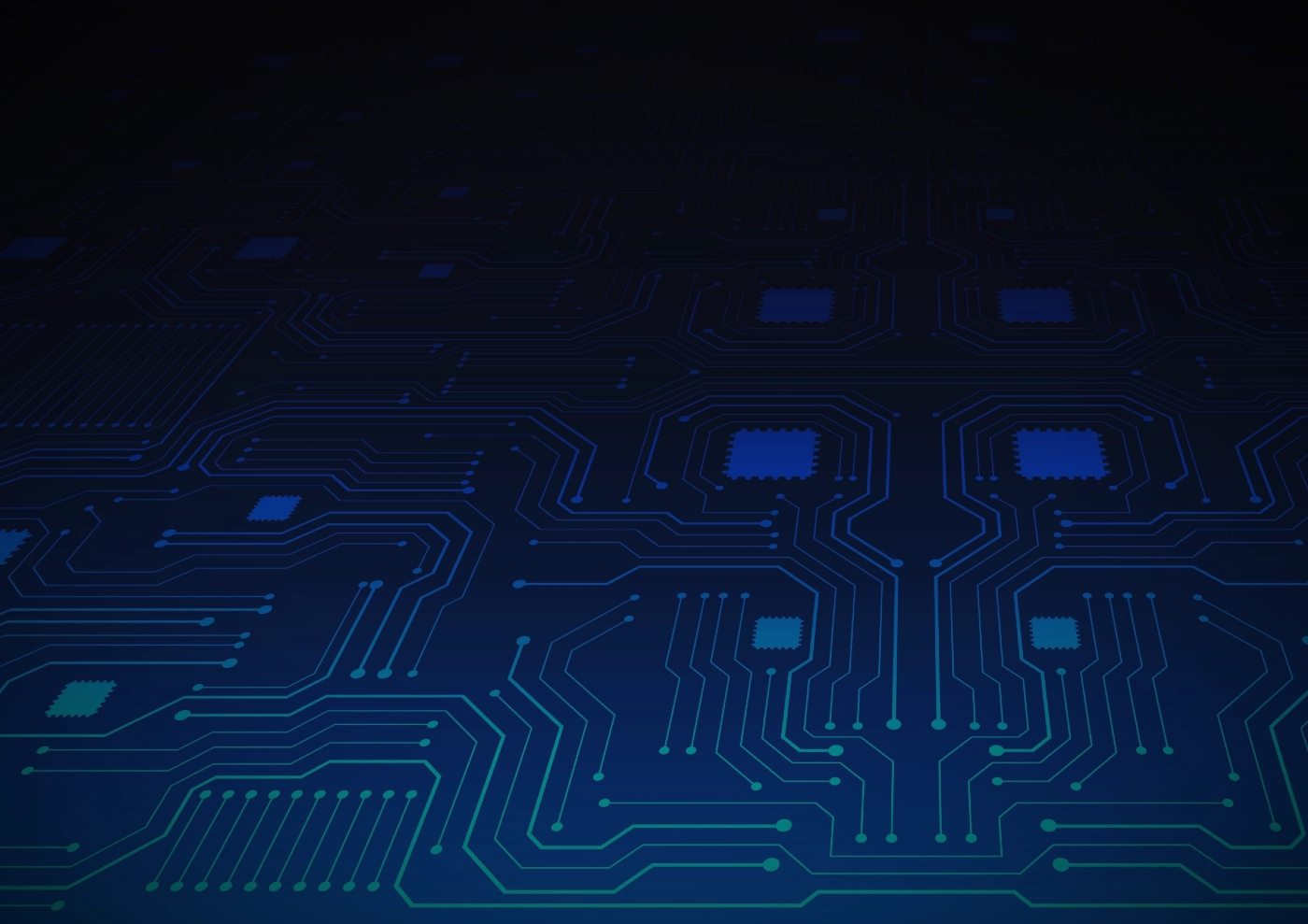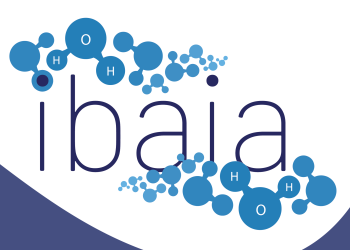IBAIA
A new multisensing system for water pollution
Improved water quality monitoring solutions to meet the European Green Deal objectives.

Argotech’s role
- The system integration: packaging of the sensor modules and integration into a single system
- Packaging of the sensor modules with support from the module developers
- Thermal and vibration tests of the package system.
Project description
IBAIA is a new initiative to tackle the increased demand for improved water quality monitoring solutions to meet the European Green Deal objectives.
Environmental water pollution is a growing global issue. The presence of harmful contaminants or pollutants in rivers, lakes, oceans and groundwater can pose a threat to the environment and public health. In this context, the EU-funded IBAIA project will develop a novel multisensing system that can monitor a wider range of parameters than existing solutions while being more cost-effective, reliable, and environmentally friendly.
The system will be based on four innovative sensor modules that use complementary photonics and electrochemical technologies to detect organic chemicals, microplastics, salinity, physicochemical parameters, nutrient salts and heavy metals. The IBAIA system will offer a competitive alternative to non-EU solutions and contribute to the European Green Deal objectives.
Objective
To develop four novel optimally functionalized sensor modules based on complementary photonics and electrochemical technologies. These four sensors will be designed, tested, and packaged into a modular advanced multi-sensing system that will be tested in real-world in situ conditions at the end of the project. Environmental water pollution is a growing global issue, leading to increasing regulations and concurrent increased demand for improved water quality monitoring solutions to meet the European Green Deal objectives. Real time in situ devices offers the promise of more rapid and efficient monitoring, and numerous such solutions are available from a wide number of primarily non-EU suppliers. However, existing in situ solutions detect very limited parameters, and are restrained by high costs, low reliability, and high energy usage.
To better meet end user needs and improve environmental water quality monitoring, novel sensing technology is required. To this end, IBAIA will develop four innovative optimally functionalised sensor modules based on complementary photonics and electrochemical (EC) technologies.
- Mid-IR will be used to detect organic chemicals,
- Vis-NIR for microplastics and salinity,
- Optode technology for physicochemical parameters,
- and EC technology for nutrient salts and heavy metals.
Leveraging consortium expertise in cutting edge material science, microfluidics, data processing and integration/packaging technology, these four sensors will be integrated and packaged into a single advanced multisensing system and validated by end users in real in situ conditions.
The IBAIA system will more accurately monitor a wider range of parameters than existing solutions, whilst simultaneously being more cost effective, more reliable, more environmentally friendly to manufacture, and more user friendly to use. These dramatic improvements will manifest in an extremely competitive product that acts as a one-size-fits-all solution for many end users, with a highly EU-centric supply chain, that will supplant a wide number of inferior non-EU alternative solutions.
Coordinator:
CNRS – Centre National De La Recherche Scientifique, France
Partners:
BRGM – Bureau de Recherches Geologiques et Minieres, France
CEDRE – Centre de Documentation de Recherches et d Experimentation sur les Pollutions Accidentelles des Eaux Association, France
IFREMER – Institut Francais de Recherche Pour L’Exploitation de la Mer, France
UEF – Itä-Suomen yliopisto, Finland
Klearia, France
Leibniz-Institut für Photonische Technologien E.V., Germany
TE – Microliquid SL, Spain
Mirsense, France
Scirpe Centre est Societe de Conception Ingenierie et Realisation pour L’Epuration, France
Tampereen Korkeakoulusaatio SR, Finland
Universitaet Duisburg-Essen, Germany
Universite de Mons, Belgium
Univerzita Pardubice, Czechia
VIGO Photonics S.A., Poland
Universite de Rennes, France – 3rd Party

This project has received funding from the European Union’s Horizon Europe research and innovation programme
under grant agreement no. 101092723.





